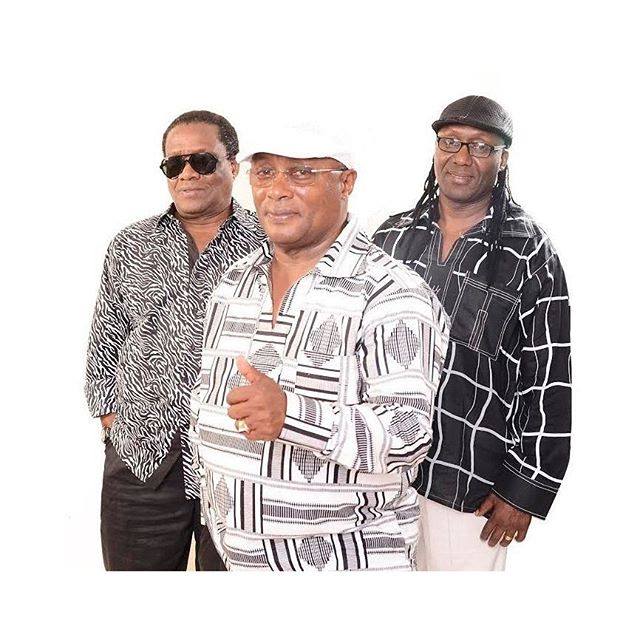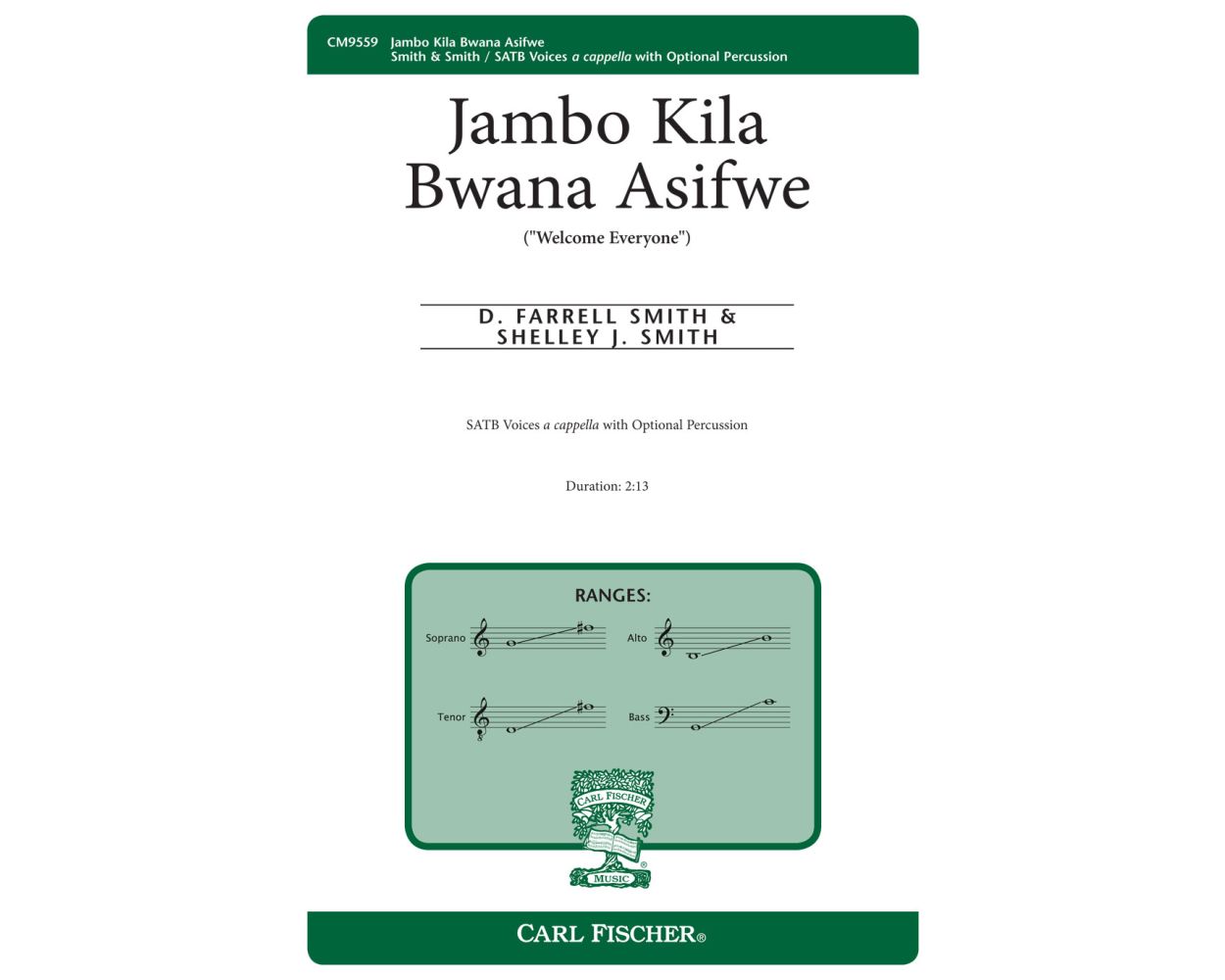
For example, Julian Mayfield writes, “he Black Aesthetic has to do with.

Powerful statements in Addison Gayle’s 1971 anthology, The Black Aesthetic, articulated normative heterosexuality as an aesthetic and political ideal. However, this valuable genealogical project placed heterosexuality and the black family at the heart of the diasporic experience, strategically excluding black queers. Going beyond aesthetic transcendence, Haley’s genealogical project gave quiddity to their claims. Although never officially affiliated with the Black Arts movement, Haley provided empirical evidence for claims made by black aestheticians, who sought cultural and historical legitimacy for African American works by situating them within a narrative of authenticity grounded in a historico-mythical relationship to Africa. As John O’Neal puts it, “We are an African People” (47). Whereas earlier generations of black cultural workers expressed their ambivalence toward Africa-”What is Africa to me?” asks Countee Cullen-post-civil rights activists, especially those affiliated with the Black Arts movement, proudly claimed Africa as a homeland.

As David Chioni Moore has observed, Roots became a sacred American text, mythic in proportion, culturally and historically authoritative, and virtually unquestioned. Davis of Yale claiming, “we all need certain myths about the past” (qtd. Indeed, reputable historians disregarded its historical and factual inaccuracies, with Professor David B. Critics and cultural commentators described Roots not as a black American story, but as an American story. Parents named their children after the lead characters, African Americans booked tours to the village of Juffure in Gambia, historians debated the narrative’s accuracy, and genealogy became a national hobby.1 A Gallup poll conducted of 1,507 individuals in 1977 indicated that 71% of whites and 80% of blacks had read about or seen portions of the televised series.
#JAMBO BWANA ORIGINAL TV#
Reviewed by James Baldwin and Maya Angelou, Roots had a profound and lasting impact, especially after it debuted as a TV miniseries on ABC in January 1977. For African Americans, this invitation to explore the past is mediated by Haley’s Roots, which serves as the genealogical ur-text, promising that such research will be rewarded by discovering rich, fully-fleshed historical characters with the pathos and eccentricities of Kunta Kinte and Chicken George. help stars such as Oprah Winfrey and Chris Rock discover their genealogical origins the popular website The Root, founded by Gates, contains a range of tools to aid amateur genealogists and over 1,300 websites promise to help searchers “Discover Your Family Story,” the tag on. Over the past several years, we have watched professor Henry Louis Gates, Jr. Advances in internet technologies and DNA testing have transformed genealogical research from the preoccupation of the obsessed, the retired, and the specially funded, into a national pastime. Were Alex Haley to write Roots today, that twelve year labor of love, the research might take him between two weeks and a month. Us colored folks is branches without roots and that makes things come round in queer ways.

#JAMBO BWANA ORIGINAL SERIAL#
Borrowing, lending, and serial passing along have ritual, religious, and emotional dimensions no less than economic ones, Shipton shows, and insight into these connections demands a broad rethinking of all international aid plans and programs. The book examines how the Luo assess obligations to intimates and strangers, including the dead and the not-yet-born. He shows why the enduring cultural values and aspirations of East African people-and others around the world-complicate issues of credit, debt, and compensation.
#JAMBO BWANA ORIGINAL FULL#
He proposes a new view of the social and symbolic dimensions of economy over the full life course, including transfers between generations. In particular, he focuses closely on nonmonetary forms of exchange and entrustment, moving beyond anthropology's traditional understanding of gifts, loans, and reciprocity. Drawing on extensive research among the Luo people in Western Kenya and abroad over many years, Parker Shipton provides an insightful general ethnography. This groundbreaking book addresses issues of the keenest interest to anthropologists, specialists on Africa, and those concerned with international aid and development.


 0 kommentar(er)
0 kommentar(er)
